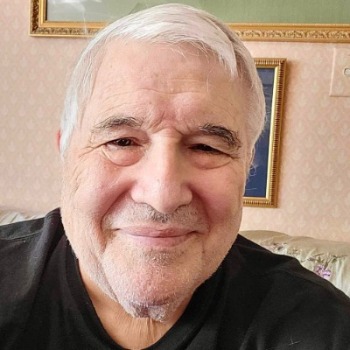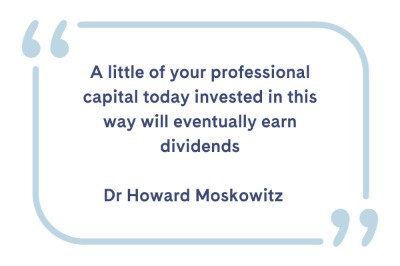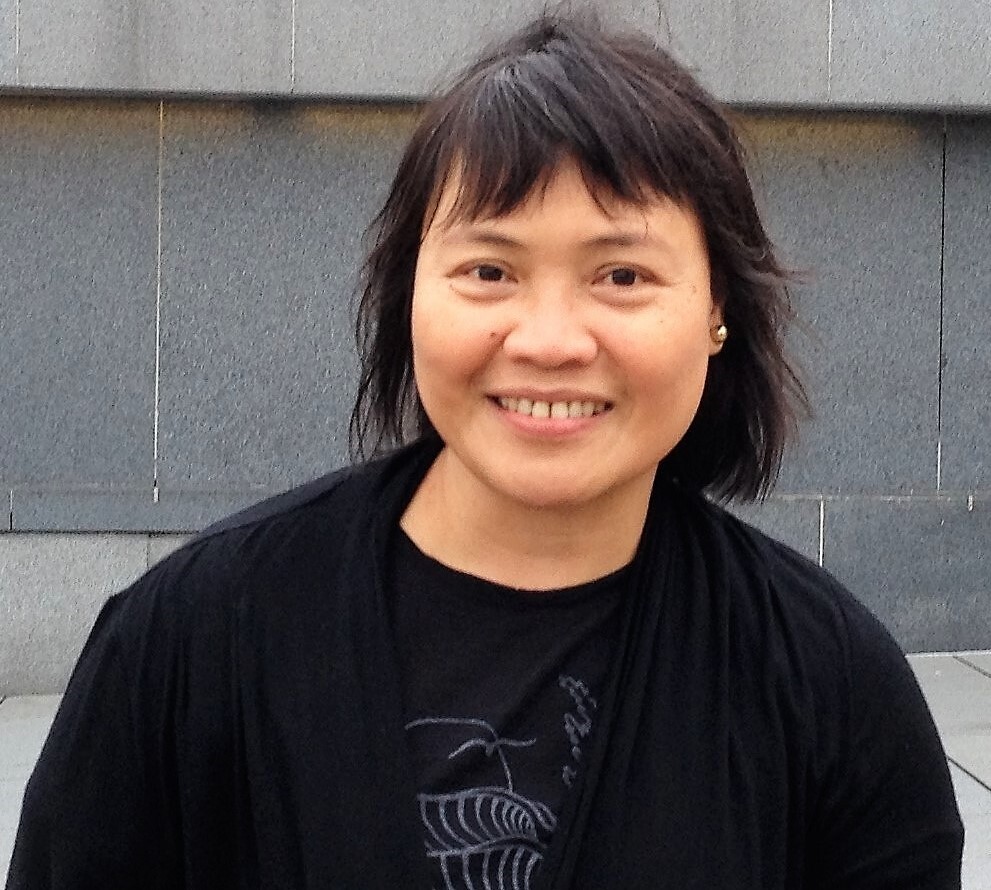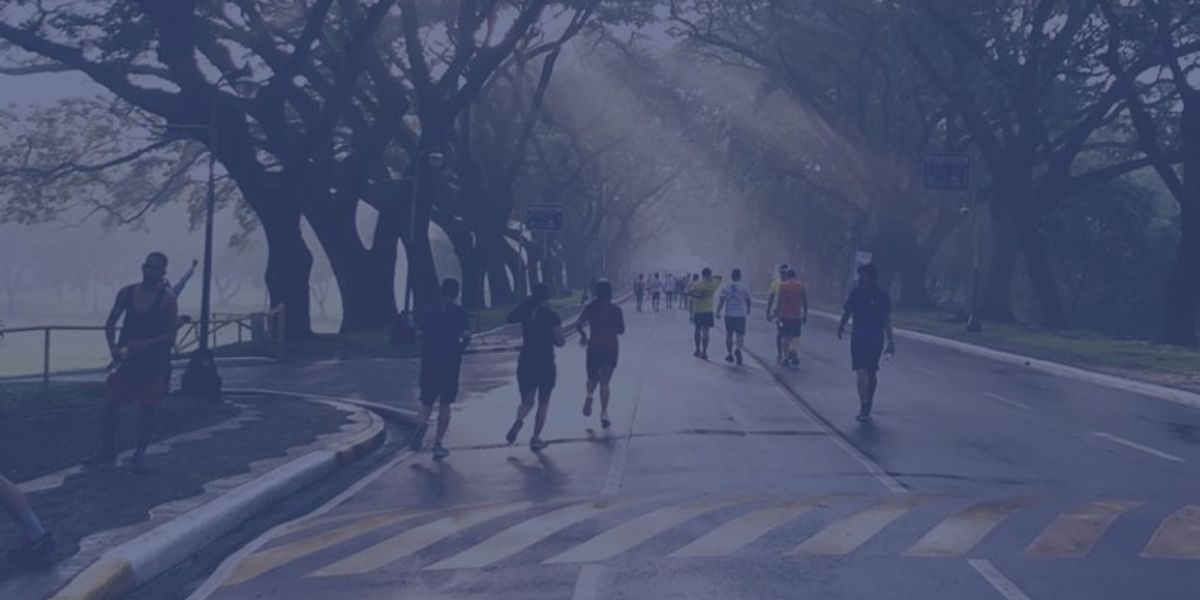
Key advice from Dr Howard Moskowitz applies across industries, shifting technologies and changing work norms
For a lot of people, ‘payback’ has a negative connotation, like retribution and even revenge.
But for Howard Moskowitz PhD, payback is a critical component of the ‘golden rule’ of work, as one’s career progresses.
For Howard, a psychophysicist and president and chief mentor at Mind Genomics Associates, this entails rephrasing ‘do unto others as you would have them do unto you’ into ‘do unto others, for that will be done unto you’.
“If there is an opportunity to help someone else, do it. It may be nothing to you and in the grand scheme of things, it may be irrelevant. Yet to the person who you help in that specific minute, reaching may make all the difference,” says Howard.
This is where payback comes in. Howard proffers looking at payback in a “forward direction”.
It could mean inviting a colleague to be a co-investigator on a project or a co-author on a paper. Or, sharing the leadership of a strategic business initiative.
This way, “you're creating a relationship with the other individual based on your positive deed,” notes Howard, who has invented market research technology that has been used by a range of companies including Hewlett Packard, Campbells and MasterCard.
“The golden rule is an investment strategy in your career, in your business life and even in your personal life,” says Howard, who discussed this in his book You! What you MUST know to start your career as a professional.
He is aware people may ask whether they will receive any return on investment for their good deeds. So why do it? “It’s not a tit-for-tat world,” he states. “Yet, a lifetime of observation suggests that there is some type of universal economy. These acts of goodness do come back perhaps in ways that are not perceptibly linked to specific good deeds.
“Sometimes, in the quiet moments of meditation, you may ‘feel’ the connection between good things happening now and certain acts you did before.”
If you can invest in a savings account or in stocks, then you can invest in your future,” he says. “A little of your professional capital today invested in this way will eventually earn dividends when you are systematic about these small but meaningful pay-forward investments.”

Sharing the fruits of his work
Paying forward continues to be a theme in Howard’s life. For years, he has been mentoring young people across the globe, and his latest project amplifies this commitment.
He has created an AI-powered tool, BimiLeap, that aims to provide quality research opportunities for anyone who has an idea to test and a desire to learn.
“Can you imagine anybody in the world can become an expert on anything in a week? So my pay forward is giving you the fruits of this [learning] machine,” says Howard.
BimiLeap is based on the science of Mind Genomics, which Howard developed.
He is calling “all kinds of curious people” such as researchers, students, grassroots organisers, entrepreneurs, creative artists and community builders, to be involved in BimiLeap. This group is designed to support the growing ecosystem for the BimiLeap learning platform and development network.
Users - an eight-year-old pupil, a teacher, a resident in the barrios or a graduate student - can choose a topic, ask questions and get answers. “In 20 minutes, you will have an entire education that interests you,” he says.
“With BimiLeap, we put the opportunity for learning in the hands of the individual,” says Howard. “You can use the science and tools powering BimiLeap to contribute ideas, learn from others, and inspire a global conversation - all while connecting with a network of your fellow innovators and generating research - or revenue - for your organisation or yourself.”
“I am now at the age when I want to leave a legacy,” Howard says on his impetus for BimiLeap, “to make the world better, to educate those who have not had a chance to learn, to give business advantage through knowledge to those who could only dream.”
Related article: Auckland doctor teaches mindfulness to prisoners: My motto is ‘to be of benefit’ in speech, thought or action, regardless of potential payback
Divina Paredes is a New Zealand-based writer – and continuous learner – interested in #ICTTrends #CareerInsights #Tech4Good #DigitalWorkplace #Data4Good #Sustainability #CivilSociety #SpecialNeedsCommunity #SocialEnterprises
Photos:
'People walking together in a university campus' by Joel C Paredes
Dr Howard Moskowitz in New York: Global mentor and psychophysicist

